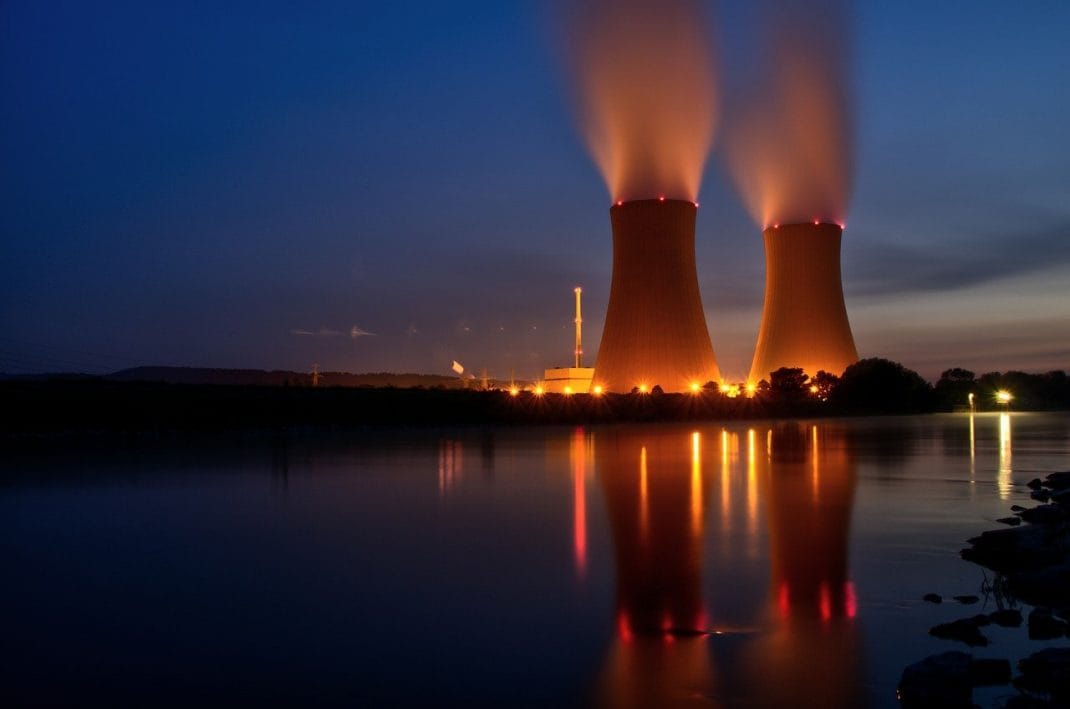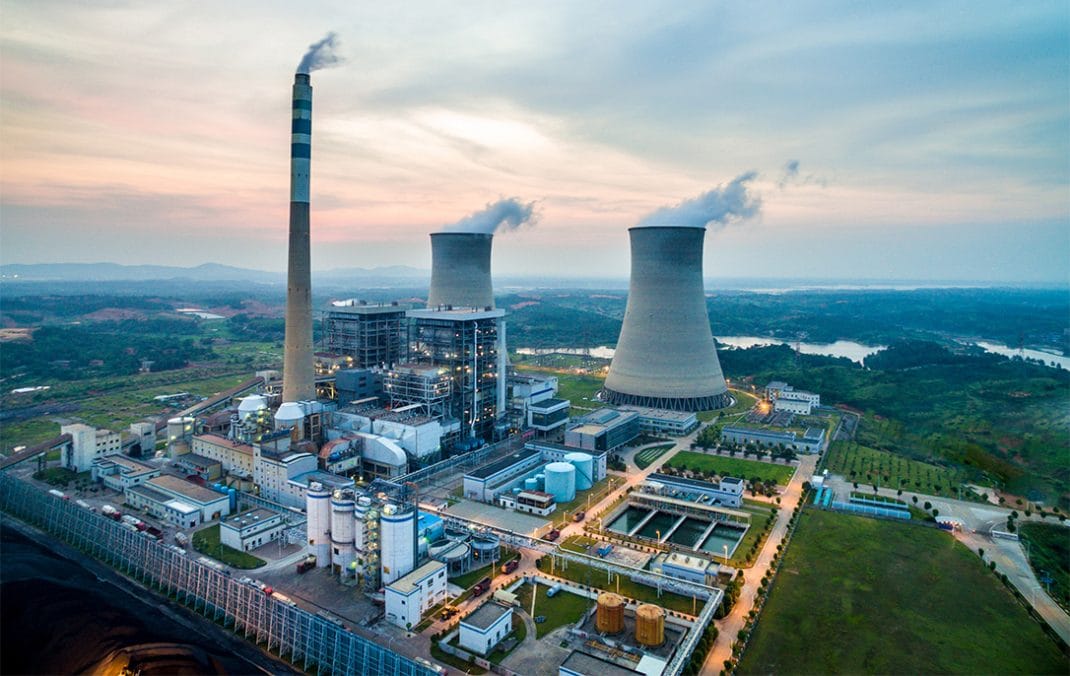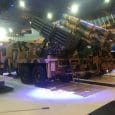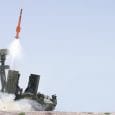What are the uses of nuclear technology? The most popular uses of nuclear power are for carbon-free electricity, space exploration, sterilizing medical equipment, and supplying potable water through desalination. This article will cover these and other applications of nuclear technology. Here’s a closer look at each of these applications. Further, we’ll look at some of the other benefits of nuclear energy. This list of benefits will give you a better idea of how and where nuclear technology is applied.
Nuclear power is the most widely-known use of nuclear energy. Its efficiency and ability to generate electricity from waste fuels make it an excellent choice for electricity generation. In 2004, nuclear power plants generated about 15% of the world’s electricity. Currently, there are 93 operational reactors in the U.S., and the number continues to grow. Most reactors use uranium and don’t emit carbon dioxide. Moreover, nuclear reactors are built to withstand extreme weather. These are all benefits of nuclear energy as an emissions-free workhorse.
Other applications include agriculture, space exploration, water desalination, and medical care. Farmers utilize radioisotopes to combat insect pests. They render male insects infertile, reducing pest populations dramatically and eradicating entire colonies. Additionally, nuclear energy is being used for preserving food. Irradiated food destroys harmful organisms without cooking or refrigeration, and consumes less energy than conventional methods.

The first power station that split uranium atoms to produce electricity was built in the 1950s. While most people know about nuclear energy’s contribution to world electricity, they don’t realize how much more it’s being used. Some applications of nuclear technology are less well-known, however. They include the production of radioisotopes and the generation of heat by non-stationary power reactors.
Apart from military uses, nuclear technology has several other important applications in society. It is widely used in food processing, medical, and space exploration. It is also essential in producing electricity. The technology is used in many products and is widely distributed in the world. Further, the benefits of nuclear technology can be seen in every sector. The use of nuclear energy in various sectors has been proven to be helpful. The uses of this technology are numerous, and the scope is endless.
Nuclear technology is used in different sectors for several reasons. The most prominent of these uses is energy production. It can be used in medical and agricultural research. It can also be used for space exploration. Besides these, it can be used in space. In fact, nuclear energy is increasingly becoming an integral part of our global power grid. If you’re looking for ways to use nuclear power, here are some of the benefits. This is the only way to get reliable electricity.
The Connection Between Nuclear Technology and the Defense Industry
The connection between nuclear technology and the defense industry is a complex one. The United States and UK have a long and successful history of collaboration between these two sectors. However, the Obama administration is trying to limit this connection by cutting R&D funding and killing the loan guarantee program. This move would jeopardize the only US nuclear new-build program, the Vogtle project in Georgia. And in October 2013, the Obama administration barred 27 Department of Energy scientists from attending the IAEA conference in Russia. One scientist, who offered to pay for the travel, defended his position.
The nuclear energy industry acknowledges this conflict. The U.S. government has been trying to persuade Washington politicians that AP1000 reactor construction projects are crucial to the national security. Proponents of this technology say that the U.S. needs nuclear power for national security. While arguing for taxpayer-funded subsidies, the Pentagon is attempting to prevent these problems. But the US is not alone. Environmental Progress has urged the government to bailout bankrupt Westinghouse, a company that manufactures nuclear weapons.

While fusion is an effective means of creating high amounts of energy, it is difficult to do so in a controlled manner. This is the reason why nuclear bombs cannot be controlled and the energy generated by them cannot be regulated. The United States Department of Energy is deeply involved in space research, and its Office of Space and Defense Power Systems supplies radioisotopes to NASA and the National Aeronautics and Space Administration. These weapons can be used in many different ways, including as a source of neutrons for space missions.




